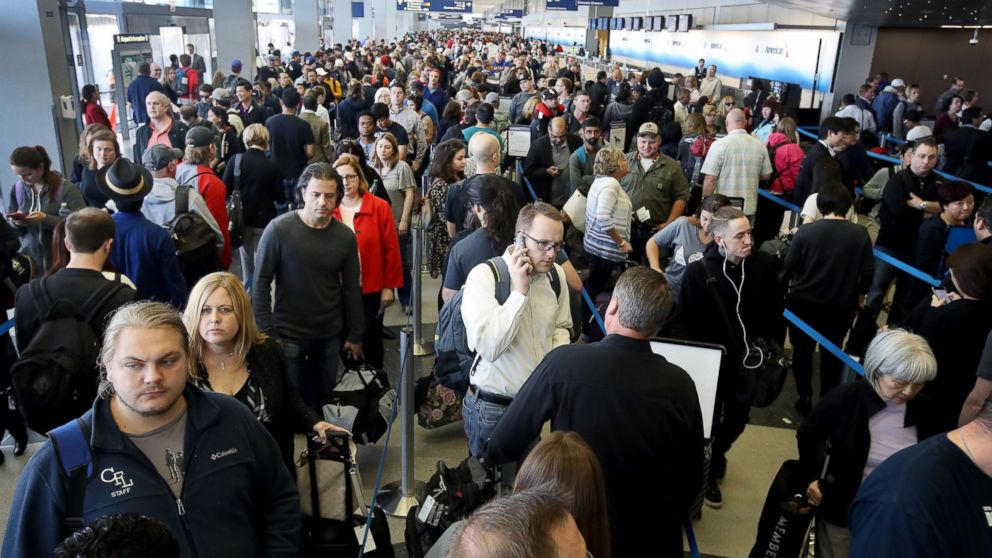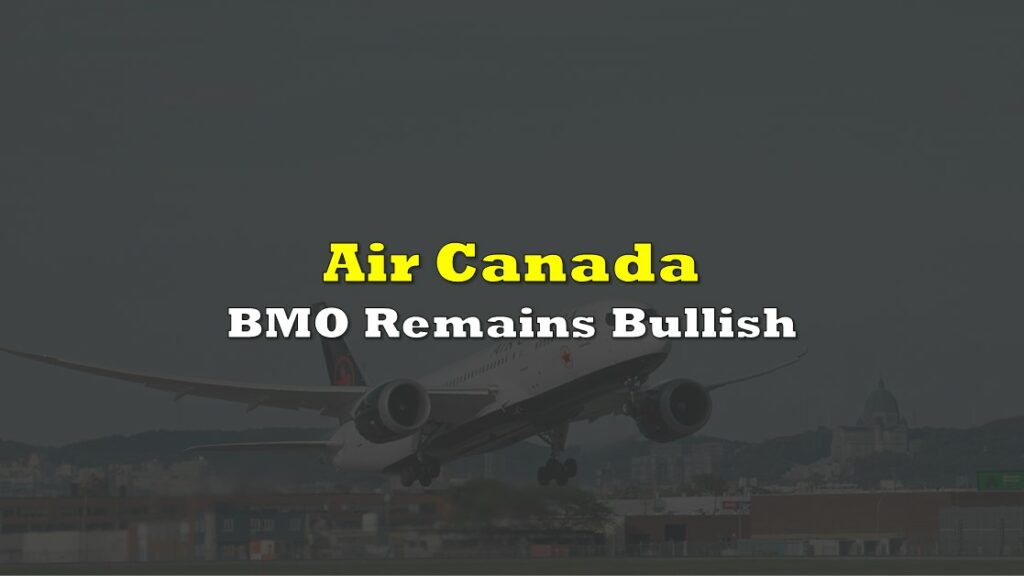The Canadian government has reportedly sold its approximately 6% stake in Air Canada (TSX: AC), according to multiple sources, marking the conclusion of its direct ownership in the country’s largest airline. The stake was acquired in April 2021 as part of a $5.9 billion bailout package designed to stabilize Air Canada during the COVID-19 pandemic, but its sale now raises questions about the government’s financial strategy and its handling of corporate bailouts.
During the height of the pandemic, Air Canada faced staggering financial losses due to border closures and travel restrictions. To prevent the collapse of the airline, which is a cornerstone of Canada’s transportation infrastructure, the federal government stepped in with a $5.9 billion aid package. The agreement included a $500 million equity investment, which translated to a 6% ownership stake, with shares purchased at $23.18 each.
The bailout, widely seen as a lifeline for the struggling airline, also required Air Canada to adhere to strict conditions. These included refunding passengers for canceled flights, maintaining regional routes, and capping executive compensation. Despite these provisions, the decision to take an ownership stake was met with skepticism from economists and policy experts, including Ian Lee, an associate professor at Carleton University’s Sprott School of Business.
“Its role is the referee of the hockey game, it should not own the hockey team or tell Sidney Crosby when to shoot the puck,” Lee said in an interview with CTV News, critiquing the government’s move to enter the private sector as a shareholder.
Neither Canada's Finance Dept nor Air Canada have issued public comment on this significant transaction on financial markets. #Transparency pic.twitter.com/VtjRWUgUE8
— Paul Vieira (@paulvieira) December 13, 2024
Details of the Sale
The Globe and Mail first reported the transaction, citing anonymous sources within the federal government. The shares were reportedly sold at an average price of $25 per share, slightly above the original purchase price but lower than the current market value of $25.28. While the sale has generated a modest profit, questions remain about the government’s overall financial position in relation to the airline.
Critics point out that Air Canada has yet to repay over $1.1 billion from the loan package, raising concerns about whether the government exited its equity position prematurely. Neither Air Canada nor the Ministry of Finance has commented on whether the airline’s outstanding obligations influenced the timing of the sale.
The timing of the sale has sparked speculation that it may be connected to broader fiscal challenges facing the federal government. In recent weeks, Ottawa has signaled plans to increase spending on infrastructure, housing, and healthcare. Some experts, including Ian Lee, suggest that the sale of Air Canada shares could be part of an effort to generate cash for new spending initiatives.
“There’s an awful lot of buzz that they’re going to crank up spending yet again,” Lee said. “The government needs money. They’re rattling the cupboards to see what bits and pieces can be sold off.”
While the sale provides a short-term financial boost, it has reignited debates about the government’s role in supporting private businesses during times of crisis. Critics argue that the government’s intervention in Air Canada was unnecessary and set a problematic precedent, as it did not take ownership stakes in most of the other companies it assisted during the pandemic.
Air Canada beyond
As of Thursday, Air Canada shares closed at $25.28 on the Toronto Stock Exchange, a modest increase of 23 cents. The airline has yet to comment on the government’s sale of its shares or on whether the transaction affects its repayment obligations under the bailout agreement.
Air Canada has recently faced scrutiny over its pricing practices, including new carry-on baggage fees that have drawn criticism from consumers and government officials alike. Last week, Transport Minister Anita Anand stated she was reviewing the “legal relationship” between the government and the airline, hinting at potential regulatory action.
Public opinion remains divided on the government’s decision to sell its stake. Supporters of the move argue that governments should not hold long-term equity positions in private companies, especially those operating in competitive markets. Opponents, however, believe the sale undermines the government’s leverage in ensuring Air Canada fulfills its bailout conditions.
Lee summarized the situation by saying, “This sale raises legitimate questions about the government’s strategy. Was this simply about recouping money, or does it reflect a broader policy shift?”
The sale of Air Canada shares marks a significant milestone in the airline’s post-pandemic recovery and the federal government’s exit from a controversial intervention in the private sector. However, with outstanding loans yet to be repaid and ongoing scrutiny of Air Canada’s business practices, the story is far from over.
Information for this briefing was found via CTV News and the sources mentioned. The author has no securities or affiliations related to this organization. Not a recommendation to buy or sell. Always do additional research and consult a professional before purchasing a security. The author holds no licenses.









